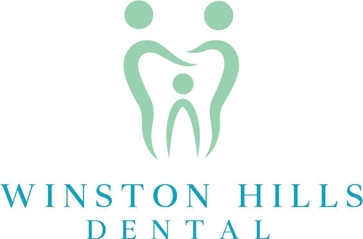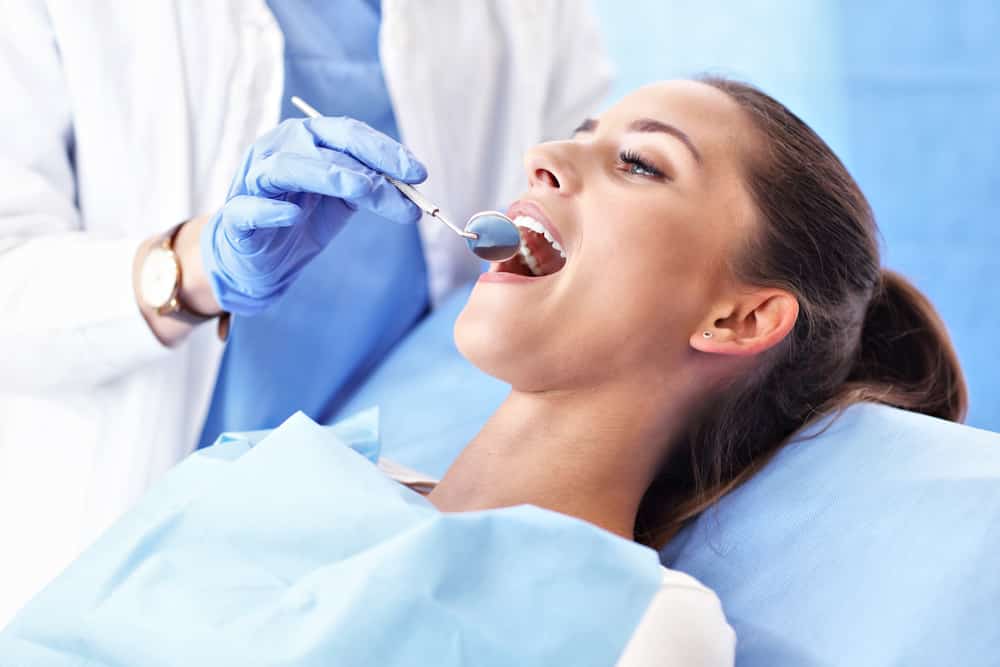A dental checkup usually lasts between 30 minutes to an hour. It involves cleaning, fluoride application, X-rays, and medical history collection. The dentist examines teeth and gums, looking for decay and gum disease, then develops a personalised treatment plan. X-rays provide detailed insights for early problem detection. Cleaning removes plaque, preventing infections and cavities. Discussing treatment plans and aftercare is crucial for addressing oral health risks. This quick answer touches on the main aspects; for a deeper understanding of the dental checkup process, continue exploring the detailed outline provided.
How Long a Dental Checkup Takes?
Plan on spending anywhere from 30 minutes to an hour at your dental checkup. The exact time depends on what’s involved. Basic dental checkups with cleanings are quicker, while those with X-rays, deep cleanings, or examinations for existing issues take longer. Let your dentist know any concerns you have beforehand so they can schedule enough time for a thorough checkup.
Pre-Checkup Procedures
Before a dental checkup, patients are often required to complete pre-checkup procedures to ensure a smooth and efficient examination process. These procedures typically involve a thorough cleaning by a dental hygienist to remove plaque and tartar buildup on the teeth and around the gums. The hygienist may also apply fluoride to help protect the teeth against decay. Additionally, X-rays may be taken to provide a comprehensive view of the teeth and identify any underlying issues that may not be visible during the initial examination.
During this pre-checkup phase, patients are usually asked to provide their medical history. This information is crucial for the dentist to understand any existing medical conditions or medications that could impact dental health or treatment. By completing these pre-checkup procedures, patients can help ensure that the dental examination is conducted efficiently and effectively, leading to a more thorough oral health assessment.
Initial Consultation and Examination
Upon completion of the pre-checkup procedures, the next step in the dental examination process typically involves an initial consultation and thorough examination by the dentist. During the consultation, the dentist engages the patient in a conversation to understand their dental history, oral hygiene practices, and any concerns they may have. This is an opportunity for the patient to ask questions and discuss any discomfort or issues they are experiencing. The dentist will also review the patient’s medical history to assess any potential impact on their oral health.
Following the consultation, the dentist thoroughly examines the patient’s oral cavity. This assessment includes visually inspecting the teeth and gums and checking for signs of decay, gum disease, or other oral health issues. The dental team may also use tools to measure the depth of gum pockets and assess the mouth’s overall health. Combining consultation and examination allows the dentist to develop a personalised treatment plan to effectively address the patient’s dental needs.
X-Rays and Imaging
X-rays and imaging are crucial in providing detailed insights into a patient’s internal structures. In dental diagnostics, x-rays and imaging technology have revolutionised how dental professionals examine and assess their patients. Through digital equipment, dentists can capture high-quality radiographs that aid in detecting issues such as cavities, infections, and bone abnormalities. These scans are integral to the dental clock, ensuring a comprehensive evaluation of a patient’s oral health.
During a dental examination, x-rays and imaging techniques help dentists visualise areas that are not visible during a regular checkup. By using advanced imaging technology, dental professionals can identify potential problems early, leading to timely interventions and better treatment outcomes. The precision and clarity offered by these diagnostic tools enable dentists to create personalised treatment plans tailored to each patient’s needs. Overall, x-rays and imaging are essential to a thorough dental checkup, allowing for a more comprehensive assessment of a patient’s oral health.
Cleaning and Scaling
A comprehensive dental checkup involves cleaning and scaling the teeth and gums. Professional cleaning, also known as prophylaxis, is a crucial preventive measure dental hygienists use to remove plaque, tartar, and stains that regular brushing and flossing can’t reach.
Scaling, on the other hand, is a deeper cleaning procedure that removes tartar from below the gum line to prevent gum disease.
Regular cleanings and scaling treatments dentists perform are vital in maintaining good oral hygiene. These procedures help prevent cavities, gum disease, and tooth infections by keeping the mouth clean and healthy. By removing plaque and tartar buildup, cleanings reduce the risk of developing oral health problems that can lead to more serious issues if left untreated.
Dentists recommend scheduling regular cleaning and scaling appointments every six months to ensure optimal oral health and prevent complications. Prioritising these routine treatments can contribute significantly to a patient’s overall well-being and quality of life.
Treatment Plan Discussion
Discussing the treatment plan is a pivotal step following the thorough cleaning and scaling procedures in a comprehensive dental checkup. This phase ensures a tailored approach to maintaining optimal oral health. During this phase, the dentist collaborates with the patient to build a plan that addresses any concerns, identifies early signs of potential issues, and outlines the best action to mitigate risks and promote oral well-being.
- Identifying Signs Early: By discussing the treatment plan, the dentist can highlight the signs that may indicate underlying dental problems, allowing for early intervention and prevention.
- Providing Personalized Recommendations: Tailoring recommendations to the individual’s needs and concerns is essential in creating a plan that resonates with the patient’s lifestyle and dental health goals.
- Removing Risk Factors: Through the treatment plan discussion, the dentist can identify and address risk factors that may compromise the patient’s oral health, ensuring a proactive approach to prevention.
Final Polishing and Aftercare
After the treatment plan discussion is completed, the final polishing and aftercare phase is crucial to ensuring the longevity of the dental work and maintaining optimal oral health.
Polishing is necessary to remove any residual plaque or stains that may have accumulated during the procedures. This thorough polishing enhances the teeth’s aesthetics and contributes to the overall cleanliness of the oral cavity.
Aftercare instructions are provided to the patient to guide them through the proper routine after treatment. These instructions may include dietary restrictions, oral hygiene practices, and necessary follow-up appointments.
Adhering to the aftercare guidelines is essential for the success of dental work. By following a professional aftercare routine, patients can help prolong the treatment’s effects and prevent potential complications.
The final polishing and aftercare phases are integral parts of the dental clock. They ensure that patients leave the clinic with a healthy smile and the knowledge to maintain it.
Key Takeaways
A dental checkup typically involves several steps, including:
- Initial consultation
- Examination
- X-rays
- Cleaning
- Treatment planning
Depending on the individual’s dental health and needs, the process can take 30 minutes to an hour. Like a clock ticking away the minutes, each step in the dental checkup process moves methodically towards ensuring optimal oral health.
Remember, regular dental checkups are essential for maintaining a healthy smile. Don’t let time slip away without taking care of your oral health.
Schedule your next dental checkup at Winston Hills Dental, Junction Road, Winston Hills, NSW 2153. Contact our dentists at Winston Hills today to book your appointment and take a proactive step toward a brighter, healthier smile.

